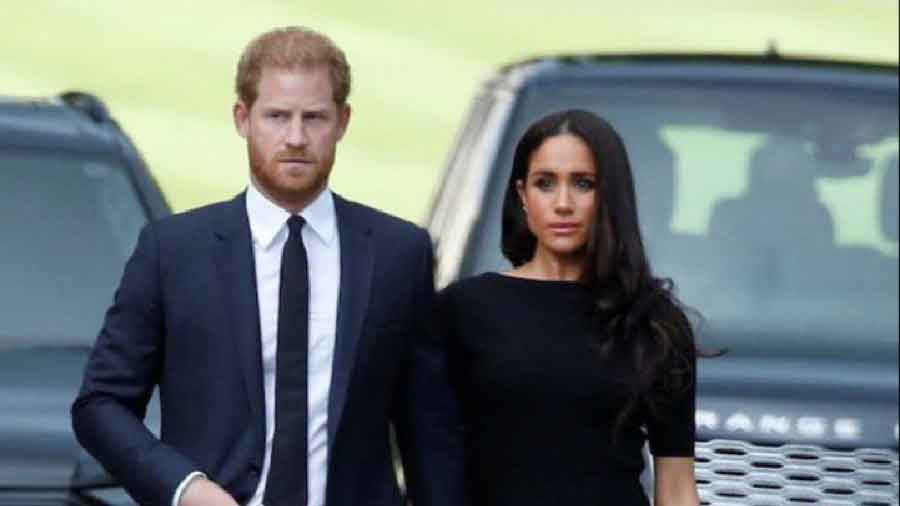I was prepared to pay the full £28 price for a hardback copy of Spare, Prince Harry’s account of the dysfunctional British royal family when it went on sale on Tuesday.
The release was certainly an event. Some shops even opened their doors at midnight as used to be the case when the other Harry — Harry Potter, that is — was at the centre of a global craze.
Walking past a branch of Waterstone in High Street Kensington in West London on Tuesday morning, I was taken aback to see Spare was selling at half price.
“Selling well?” I asked the sales assistant.
The window and a table inside had been taken over by displays of Spare.
“Yes, very well.” “Half price, already?” I asked.
“You’ve got to keep up with the competition.”
So now I have a copy. For the past few weeks, newspapers have been talking about little else. It is clear Harry is fighting a battle on two fronts. His relatives, firstly. Secondly, the British press hasn’t got a good word to say either about him or his wife, Meghan.
Some people have been so brainwashed by what they have read, especially in the tabloids, that they won’t buy a copy on principle. They see it as a betrayal of the royal family and the institution of the monarchy.
But for a journalist, it is worth getting a copy because previously no member of the British royal family has been so open about what really happens away from the carefully staged public appearances.
Will the monarchy be damaged? Probably not in the long run. King Charles’s coronation will take place on May 6 and by then all this trouble over Harry’s book will be forgotten.
Some of the comments Harry has made to promote the book have been infinitely more damaging than what is actually in Spare. For example, it seems the late Queen wasn’t exactly thrilled when Harry went through the formality of asking her permission to marry Meghan.
He said to the Queen: “Granny, you already know that I love Meg a lot, and I have decided that I’d like to ask her to marry me, and they’ve told me that… well…. I have to get your authorisation before asking for her hand.”
She replied: ‘You have to do that?’
“Yes,” said Harry. “That’s what your people have said and mine too.”
Harry said the Queen’s expression was impenetrable during an agonisingly long pause. Eventually, she said: “Well then I suppose I have to say yes.”
The obvious interpretation of this exchange is that the Queen did not approve of Harry’s decision to bring Meghan into the royal family but that she reluctantly decided not to withhold her permission.
It is possible the negative signals were picked up by other members of the royal family, notably Charles, William and Kate.










